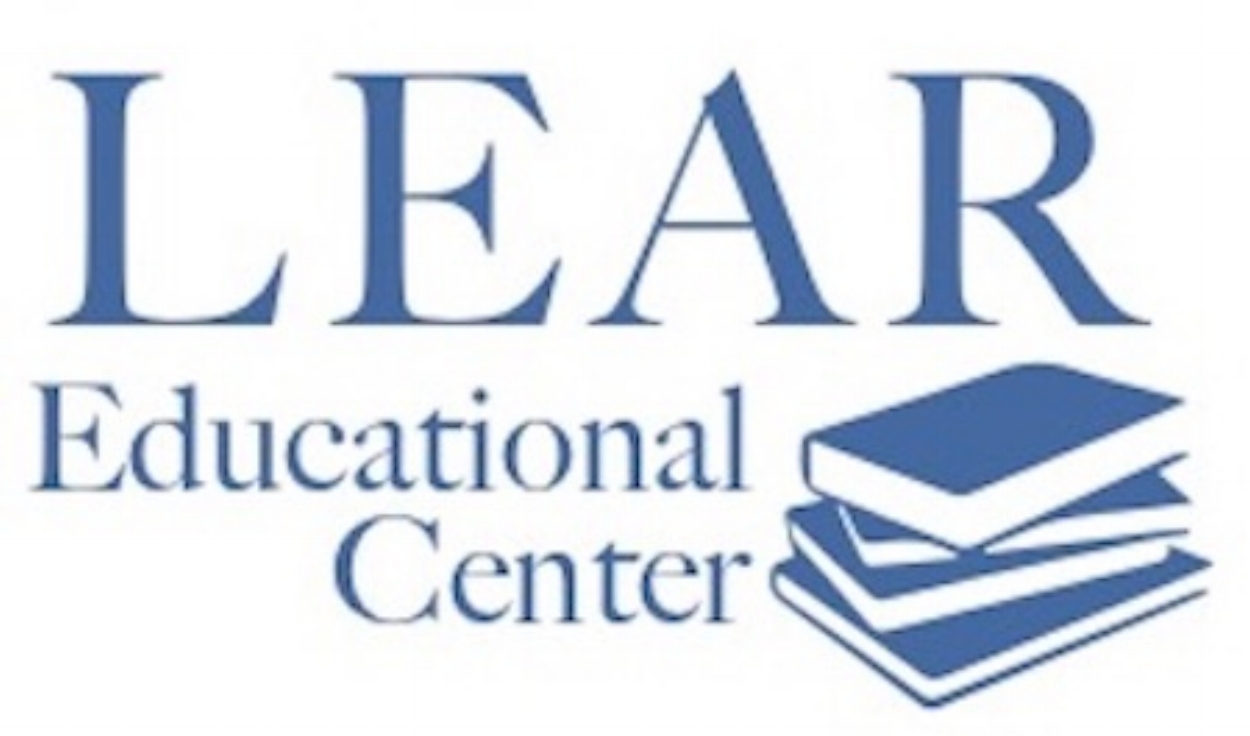Writing Compositions, Essays, and Term Papers – a Lifetime Skill
/Being able to communicate with effective sentences allows us to express ourselves clearly each day of our lives.
Composing short sentences to be spoken begins in early childhood. Advancing through school, the student learns to put his thoughts in writing.
Knowledge gained by the student through attentive listening and reading is measured by their responses to test questions, the quality of their compositions, essays and term papers. In addition to demonstrating learning, the composition process develops the student’s ability to organize and state facts and opinions so that they can be clearly understood by others.
Through brief book reports and short compositions, students in primary grades practice expressing themselves in their own words. Writing from one’s own point of view is a challenge requiring more forethought than the simple repeating of facts. As students advance in grade level, reports and compositions are usually assigned as homework so that the students have sufficient time to complete them.
An understanding of the assignment, knowing what is to be included in the composition as well as the desired length is necessary. Deciding upon the main points to be made and presenting them in a logical order calls for an outline. The report itself may need a thesis sentence, a supporting information including ‘who, what, when, where, why and how’ if relevant, and a closing summary statement.
The teacher will evaluate the factual content of the composition as well as the sentence structure, grammar, spelling, vocabulary, punctuation, neatness and clarity.
As the student progresses through the grades, he learns to write to accomplish various purposes, such as the relating of facts, the narration of an event, the description of a scene, the analysis of a concept, or the persuasion of an audience.
In the upper grades the student is expected to write essays and term papers, most often requiring research outside of what is available in their textbooks. Once the topic is decided upon, the student will need to make an outline of basic information to be presented in the paper. Then, as he familiarizes himself with the subject material through research, he can note the important points in the outline, organizing his overview in preparation to write. The research process is also a discovery process and the outline may need to be revised as new facts are uncovered. The student’s understanding of the subject material will be enhanced as he chooses his own words to relate the information.
If he is writing an opinion paper, the student will be presenting both sides of an issue along with reasons for his support of one side. Facts and history uncovered in research might lead to a change in his opinion, teaching the student the importance of research into issues and the use of reliable sources as well as proper citation of references.
Most colleges require prospective students to submit an essay with their application for admission. Extensive writing is an integral part of most college courses and the level of the student’s writing ability is an indicator of the degree of success the student may have. We write with a reader in mind, an audience. We write to explain, to teach, to persuade, complain, protest, and much more. Composing our thoughts so that others understand them is basic to our communication.
Even if we don’t intend to send our thoughts along in writing, the writing of them gives us the opportunity to clarify our intentions, consider the key points to be made, organize our thoughts, ponder possible questions and objections, prepare and rehearse for oral presentations.
Through reading and reflecting upon what we have written, we can more objectively evaluate our words to determine if we have said what we wanted to say and to consider how the audience will react to what we have written.
At Lear Educational Center we offer systematized, intensive, individualized instruction in writing on all levels, from elementary through college. Aspects covered include organization, outline, composition, content knowledge, grammar, vocabulary, spelling, neatness, structure and source referencing. Students are guided with a rubric appropriate for all genres that is designed to meet national writing standards.
At Lear Educational Center we provide one-to-one academic coaching and individualized tutoring on all levels, primary through college, for most subjects and for most standardized tests. We interface with schools, working with the curriculum appropriate for each student. We accommodate and compensate for learning differences, helping students meet IEP and remediation goals. Our students learn foundational skills and strategies so that they can better understand their current coursework and meet the challenges of tomorrow.
Lear Educational Center - providing tutoring services to students from Allentown, Bethlehem, Easton and the Greater Lehigh Valley since 2000



































